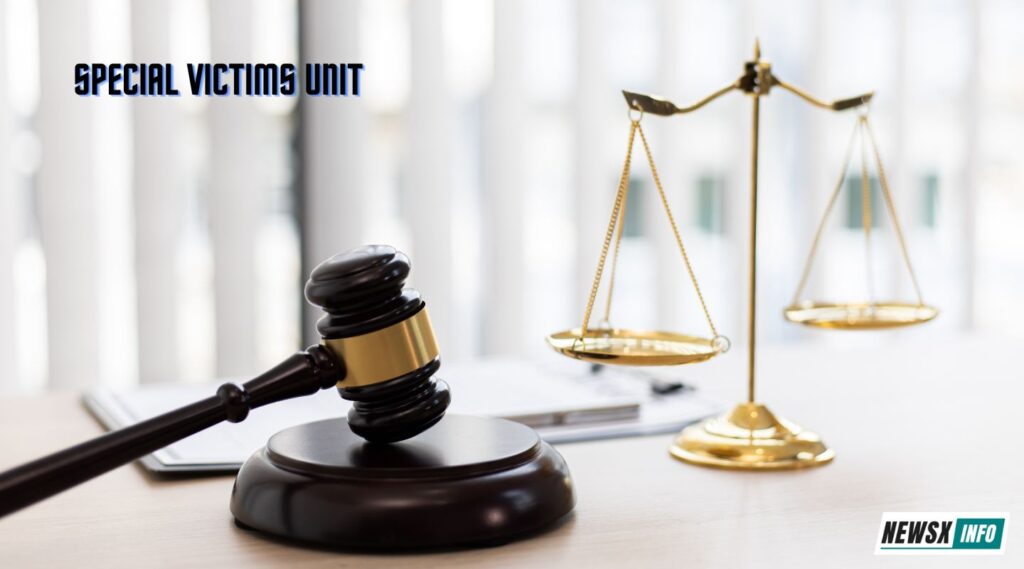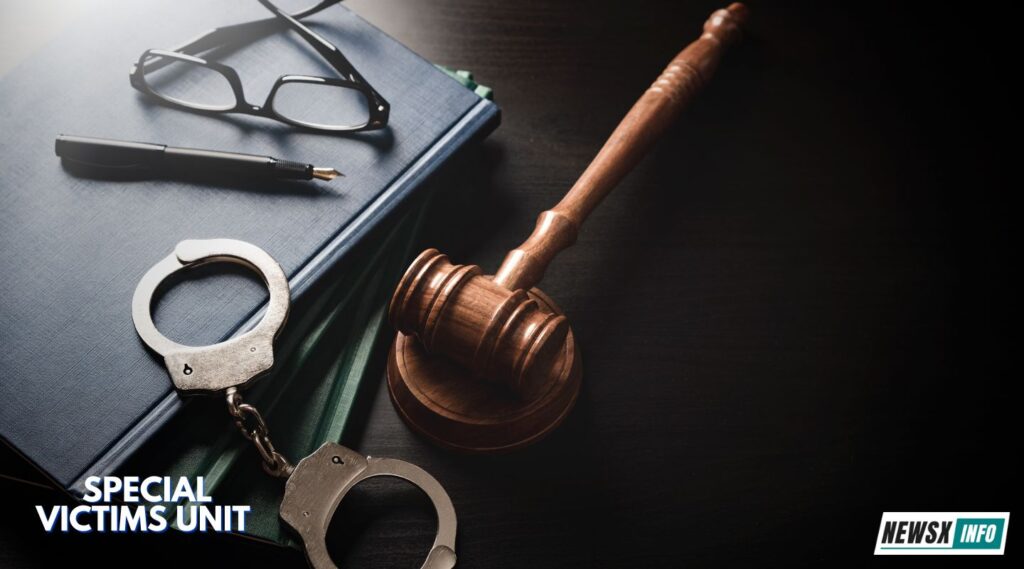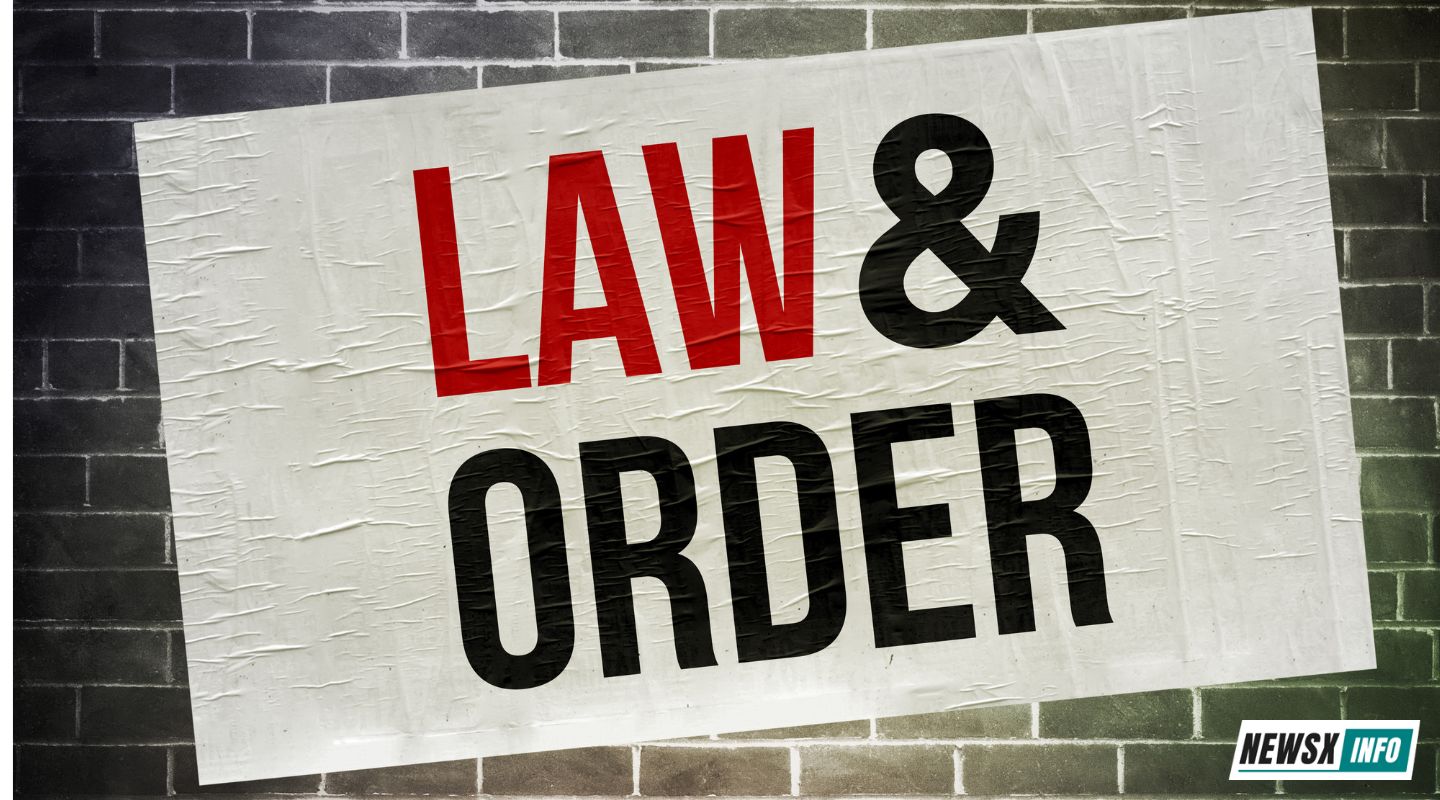Originally aired in 1999, “Law & Order: Special Victims Unit” (SVU) has become not only a stalwart in the crime drama genre but also a cultural phenomenon having established a position in television history. SVU, Dick Wolf created, is the first spin-off of the original “Law & Order” program. Over its several seasons, fans have been riveted by its gripping story, complex characters, and persistent portrayal of some of society’s worst issues.
SVU’s beginnings
Thought of as a darker, more emotionally charged friend to its predecessor, “Law & Order: SVU” was While the original “Law & Order” focused on a wide spectrum of criminal behavior, SVU limits its lens to crimes of a sexual nature and those involving kids, therefore covering highly personal and occasionally controversial territory. The creators of the episode aimed to expose their complexity by stressing the emotional toll such crimes take on the victims as well as the detectives.
The Cast: A Symphony of Talent
The great ensemble cast of SVU, headed by Mariska Hargitay as Detective (later Captain), is primarily responsible for its popularity. Benson’s Hargitay portrayal is now famous and has garnered her many accolades, including an Emmy. Benson’s evolution from a sensitive investigator to a commanding leader catches the show’s resiliency and growth.
Christopher Meloni’s performance of Benson’s original pal, Detective Elliot Stabler, gave the show a raw, aggressive energy. Meloni’s on-screen connection with Hargitay became a defining characteristic of SVU; even when Meloni left in 2011, his memory continued to influence narratives. Benson’s interactions with Stabler raised awareness of the challenges of police enforcement job and addressing personal problems.
While younger recruits like Kelli Giddish as Amanda Rollins and Peter Scanavino as Dominick “Sonny” Carisi have kept the ensemble fresh and vibrant, Richard Belzer’s John Munch gave the team a conspiratorial edge alongside many more gifted performers like Ice-T, whose streetwise sense and caustic humor have won over viewers.

Relating That Resonates
SVU’s storytelling approach is remarkable in how it combines ripped from the news events with character-driven plots. When the show covers contentious subjects including sexual assault, domestic violence, child abuse, and court handling of these crimes, it does not hold back. Reflecting actual occurrences, the show has sparked debates on these issues, occasionally highlighting institutional flaws and deficiencies.
The procedural framework of SVU allows longer, more complicated arcs to mix with episodic narrative. This blend keeps viewers engaged since they may jump in at any episode and simultaneously follow the character development and ongoing narrative over several seasons. Also praised is the way the drama shows the psychological and emotional consequences of crimes on victims, survivors, and their families.
Advocacy and real-world influence
Among SVU’s most distinctive characteristics is its commitment to activism. Inspired by her persona as Olivia Benson, Mariska Hargitay founded the Joyful Heart Foundation in 2004 to help victims of child abuse. The corporation wants society to view these issues differently, and Hargitay’s lobbying has greatly brought attention to the issue.
SVU has also influenced public knowledge of policy. For instance, episodes covering the backlog of untested rape kits have shown systemic defects in the criminal justice system, which has inspired real efforts to fix these issues. The way the program depicts trauma and recovery gives survivors a stage on which to have their experiences validated and embraced.
Evolution and Lifetime
“Law & Order: SVU” has evolved considerably during twenty years on television. Key character departures like Christopher Meloni’s Stabler created challenges the program handled by generating new stories and characters. The show has kept modern and creative thanks in part to new cast members and Hargitay’s Benson’s encouragement to Captain.
The performance has evolved in line with the times and the scene of entertainment in society. Reflecting the evolving nature of crime and justice in the digital age, it has answered issues including cybercrime, social media, and the #MeToo movement. SVU’s ability to adapt and meet contemporary difficulties has greatly affected its lifespan.
Technical Excellence
Beyond its actors and story, SVU excels technically. Particularly with reference to New York City locations, the manner the show is filmed gives roughness and authenticity. The city itself begins to take the front stage, its diverse districts and vibrant energy adding to the event’s atmosphere.
Recent years have seen the regular creation of interesting and intriguing stories by the writing team under showrunner Warren Leight. Many of the directors, who have spent years working with the program, provide a consistent vision that balances emotional depth with procedural elements. The way the show presents police activities and court procedures using suspense and meticulous attention to detail will determine its plausibility and participation.
Challenges, Goals and Objectives and Critics
Though popular, “Law & Order: SVU” has attracted a good amount of criticism. Some argue that the focus of the broadcast on graphic and disturbing content can be exploitative. Moreover under issue is how faithfully the show presents the complexities of the criminal justice system, especially with regard to issues including police wrongdoing and suspect treatment.

SVU has also shown, though, a readiness to respond to these challenges within its narrative. Episodes have examined questions of police accountability, racism, and the challenges ensuring justice in an imperfect system. By means of interactions with these critiques, the program exhibits some level of self-awareness and a commitment to evolving with society.
SVU’s Evolution
SVU has bright future even as it moves into its 24th season and beyond. The show’s relevancy is assured by its ability to attract well-known guest artists and cover current issues. Christopher Meloni’s reintroduction in the spin-off “Law & Order: Organized Crime” also offers new opportunities for crossovers and stories involving long-time viewers.
The dedication of the actors and crew as well as the ongoing social importance of the subjects SVU looks at point to SVU’s probably ongoing television presence. Its originality from other crime dramas derives from its mix of procedural drama, human depth, and advocacy, therefore ensuring its reputation as a pioneering show.
All things considered, “Law & Order: Special Victims Unit” is proof of how successfully television may entertain as well as teach. Its interesting stories, committed to covering current issues, and great characters make for a beloved and potent show. As it develops and changes, SVU remains an essential voice in the argument on crime, justice, and the human condition. In the annals of television history, this is a particularly unique and enduring show since it not only captures society but also seeks change by way of its mix of drama and advocacy.

